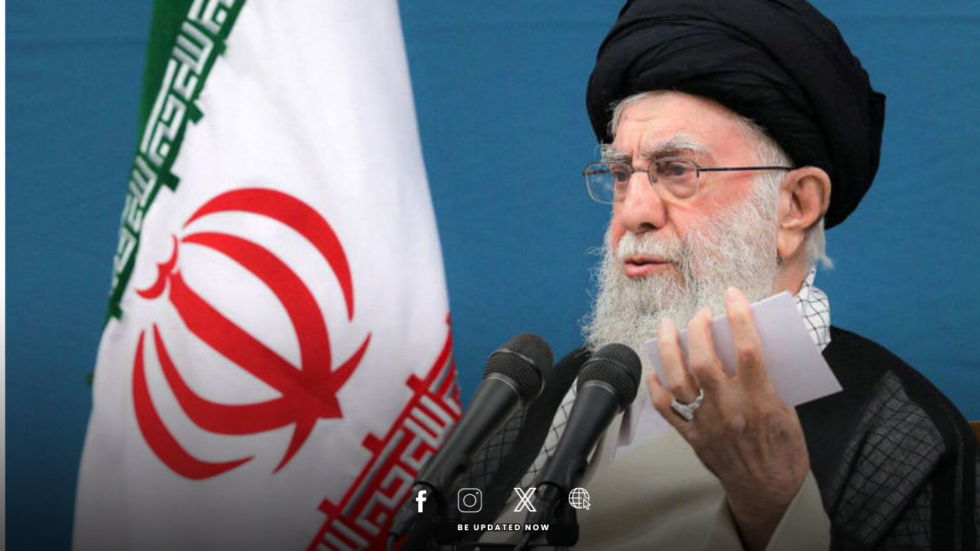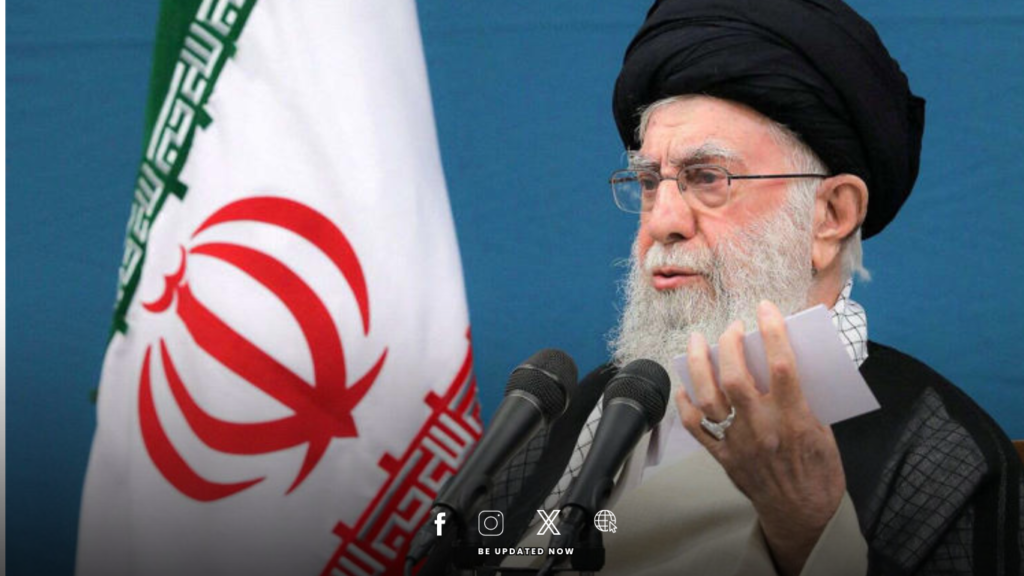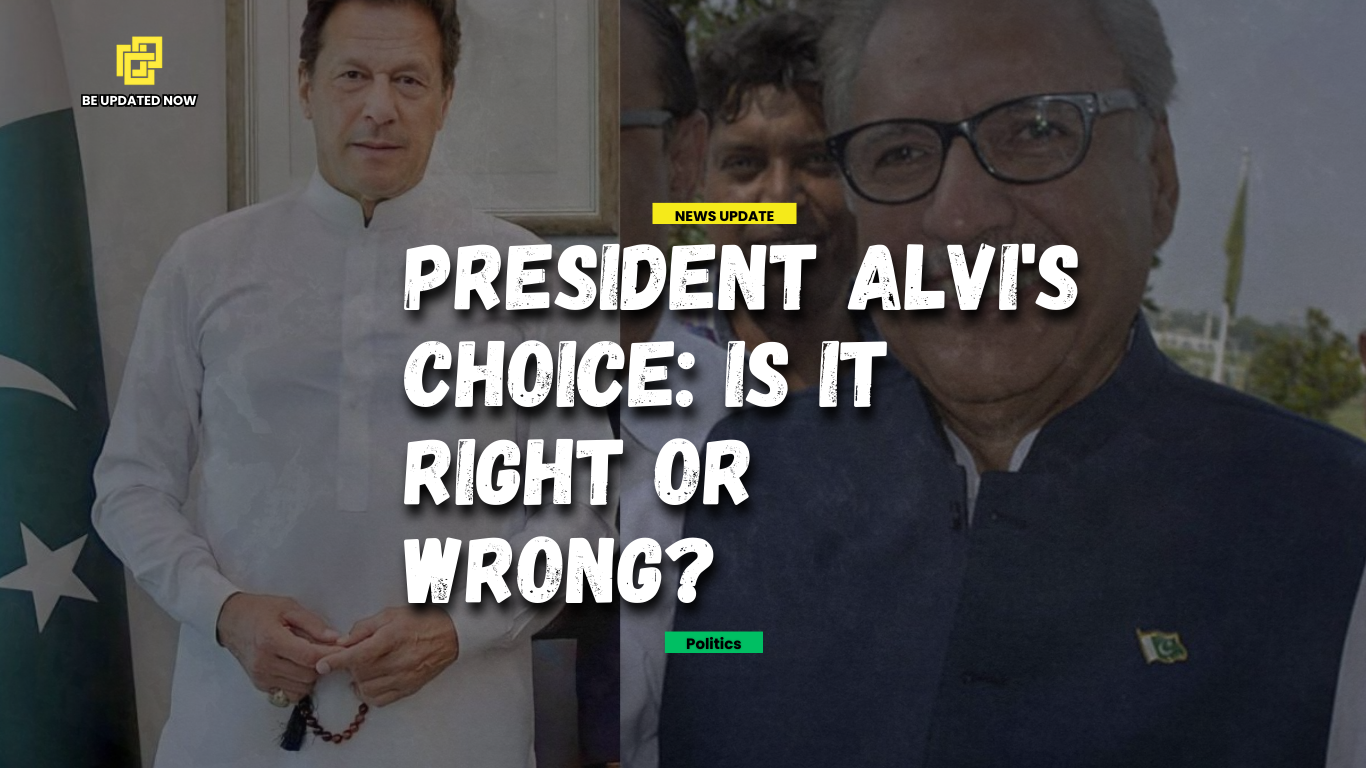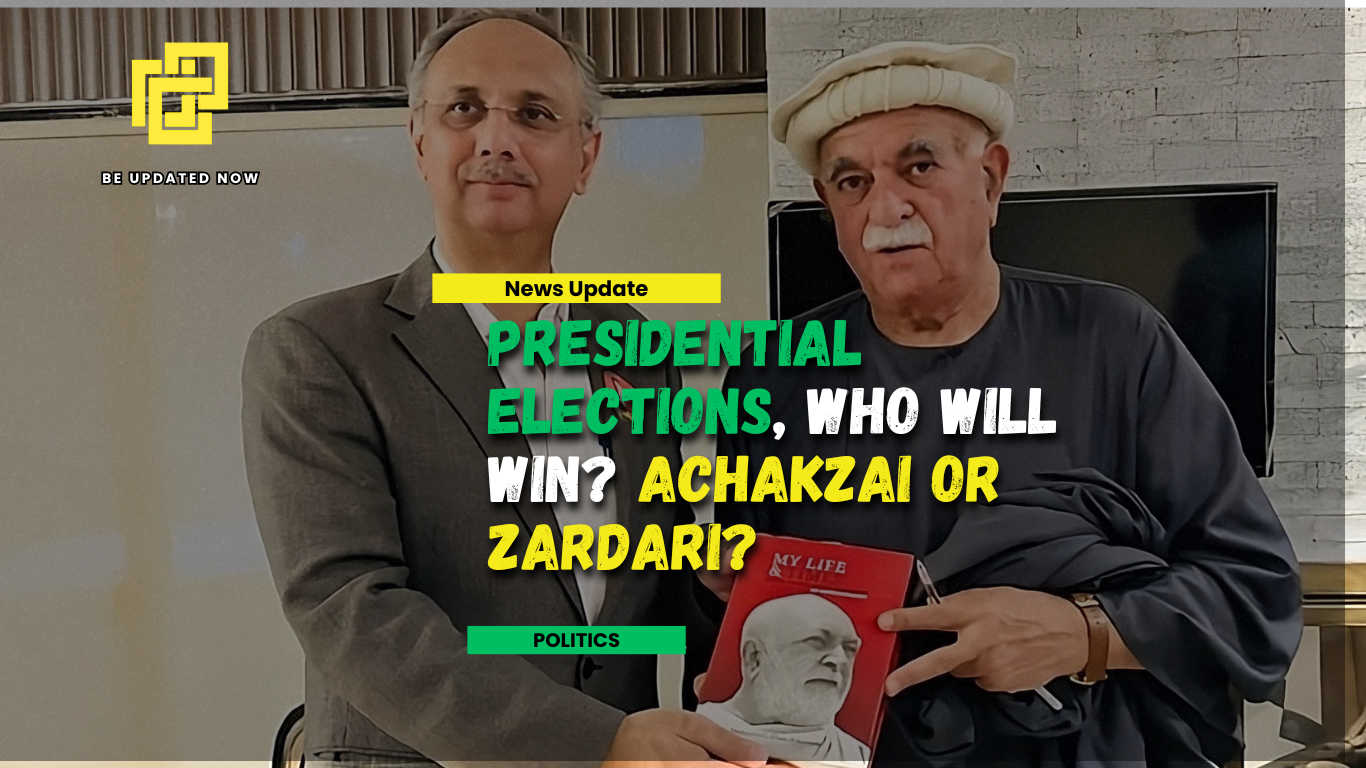
On September 17, 2024, Ali Khamenei posted a message on X (formerly Twitter), stating: “We cannot consider ourselves to be Muslims if we are oblivious to the suffering that a Muslim is enduring in Myanmar, Gaza, India, or any other place.”
Let’s understand the India and Iran’s Relationship first.
India and Iran share a long, complex history that spans centuries. From the days of the Mughal Empire to the modern period, these two nations have maintained cultural, economic, and religious ties. Iran and India have historically found common ground due to their geographical proximity, cultural exchanges, and shared interests in regional stability and economic cooperation. While the relationship has seen its ups and downs, particularly during periods of geopolitical tension, it has mostly been characterized by mutual respect and collaboration.
In recent years, India and Iran have worked closely in various sectors, including energy, infrastructure, and trade. Iran has been one of India’s major suppliers of crude oil, and India has invested significantly in Iran’s infrastructure, most notably in the development of the Chabahar Port, which is seen as a key element of India’s strategic interests in Central Asia. The port is part of India’s broader goal to increase its influence in the region and reduce its dependence on Pakistan for access to Afghanistan.
The Issue of Muslim Treatment in India
Despite the generally warm relations between India and Iran, the issue of the treatment of Muslims in India has occasionally strained their relationship. India is home to one of the largest Muslim populations in the world, and while the country officially prides itself on being a secular democracy, there have been ongoing concerns about the treatment of Muslims, particularly under the administration of Prime Minister Narendra Modi’s Bharatiya Janata Party (BJP). The BJP is a Hindu nationalist party, and critics have accused the government of fostering an environment of intolerance toward religious minorities, particularly Muslims.
Issues such as the controversial Citizenship Amendment Act (CAA), the revocation of Article 370 (which granted special status to the Muslim-majority region of Jammu and Kashmir), and incidents of communal violence have sparked protests and garnered international attention. In this context, the remarks made by Ali Khamenei on the situation of Muslims in India are not without precedent. Iran has occasionally criticized India’s handling of Muslim issues, most notably regarding the Kashmir conflict, where Khamenei and other Iranian leaders have expressed solidarity with the Muslim population.
Ali Khamenei’s Comments and Their Context
On September 17, 2024, Ali Khamenei posted a message on X (formerly Twitter), stating: “We cannot consider ourselves to be Muslims if we are oblivious to the suffering that a Muslim is enduring in Myanmar, Gaza, India, or any other place.” This comment, while part of a broader expression of concern about the plight of Muslims in various parts of the world, directly touched on India’s handling of its Muslim population, implying that the situation in India warranted international concern from a Muslim perspective.
Khamenei’s remarks are not an isolated incident but rather part of a broader pattern of Iranian leaders addressing the treatment of Muslims in non-Muslim-majority countries. Iran, as a self-proclaimed Islamic republic, often positions itself as a defender of Muslim communities worldwide, and Khamenei’s comments reflect this stance. His remarks about India, in particular, are significant because they come at a time when India’s treatment of its Muslim minority has been under international scrutiny.
India’s Response
India’s Ministry of External Affairs quickly responded to Khamenei’s remarks with a strong statement, calling the comments “misinformed and unacceptable.” The statement further added, “Countries commenting on minorities are advised to look at their own record before making any observations about others.” This response underscores India’s sensitivity to external criticism, especially regarding its internal affairs.

India’s government has consistently rejected any international interference or commentary on what it considers to be domestic matters, particularly regarding its treatment of minorities. This response also reflects the broader narrative that the Modi administration has cultivated — that of national sovereignty and non-interference. India’s ruling party, the BJP, has frequently pushed back against criticisms from foreign governments and international organizations concerning human rights issues, often framing such criticisms as attacks on India’s sovereignty.
Diplomatic Repercussions
While Khamenei’s comments and India’s response may seem like a routine diplomatic spat, the incident could have broader implications for India-Iran relations. While the two countries have shared economic interests, particularly in areas like energy and infrastructure, their ideological differences could strain the relationship if such incidents become more frequent. Iran’s criticism of India’s handling of Muslim issues is not just about bilateral relations but also reflects Iran’s broader geopolitical ambitions in the Islamic world.
Iran, as a major Shia-majority nation, often seeks to position itself as a leader of the Muslim world, and its criticism of India’s treatment of Muslims can be seen in this light. For Iran, taking a stand on issues like Kashmir or the treatment of Muslims in India allows it to bolster its credentials as a defender of Muslim rights, particularly in the face of competition from Sunni-majority countries like Saudi Arabia for leadership in the Islamic world.
India’s Domestic Landscape and International Relations
India’s response to Khamenei’s remarks must also be understood in the context of its domestic political landscape. The Modi administration’s policies toward Muslims have been a source of both domestic and international controversy. The revocation of Article 370, the CAA, and incidents of communal violence have all been points of contention, both within India and abroad. While the government has maintained that these policies are in the interest of national security and unity, critics argue that they disproportionately affect Muslims and contribute to a climate of intolerance.
Internationally, India has sought to balance its growing global influence with its domestic political realities. While India has built strong ties with Western countries and regional powers, its treatment of minorities has been a recurring issue in its international relations. Countries like the United States and various European nations have raised concerns about human rights in India, particularly in relation to religious minorities. However, India has largely been able to navigate these criticisms without significantly harming its international standing, thanks in part to its strategic importance as an economic and geopolitical power.
The Broader Islamic World and Its View of India
Khamenei’s comments also highlight the broader issue of how the Islamic world views India’s treatment of Muslims. While India has strong ties with many Muslim-majority countries, including Iran, Saudi Arabia, and the United Arab Emirates, its handling of Muslim issues domestically has been a point of tension. Countries like Turkey and Malaysia have also been critical of India’s policies, particularly regarding Kashmir.
At the same time, many Muslim-majority countries have continued to maintain strong economic and diplomatic ties with India, despite these concerns. For many of these nations, economic and strategic interests outweigh ideological differences. For example, India is a major trading partner for countries like Saudi Arabia and the UAE, and these economic ties have often taken precedence over concerns about the treatment of Muslims in India.
However, incidents like Khamenei’s remarks serve as a reminder that the issue of Muslim rights in India is not just a domestic matter but one that resonates across the Islamic world. For countries like Iran, which seek to position themselves as defenders of Muslim rights, India’s treatment of its Muslim population is a significant issue. While these concerns may not lead to a complete breakdown in relations, they could create tensions that complicate India’s efforts to maintain strong ties with Muslim
-majority countries.
The Role of Kashmir in India-Iran Relations
One of the recurring points of contention between India and Iran, and a focal point in Khamenei’s criticisms, is the issue of Kashmir. The Kashmir conflict has been a sensitive topic for decades, with the region being claimed by both India and Pakistan. The majority-Muslim population of Kashmir has made it a key issue for Islamic countries, and Iran has occasionally expressed solidarity with the Kashmiri people.
Khamenei has previously spoken out about the situation in Kashmir, calling for the protection of Muslim rights in the region. In 2019, after the Indian government revoked the special status of Jammu and Kashmir under Article 370, Iran was one of the countries that voiced concern about the potential impact on the region’s Muslim population. While Iran’s criticisms have not been as vocal or consistent as those of countries like Pakistan or Turkey, they reflect a broader unease about the situation in Kashmir.
For India, the Kashmir issue is an internal matter, and any international commentary is viewed as interference in its sovereignty. India has long maintained that the situation in Kashmir is a bilateral issue between India and Pakistan, and it has resisted attempts by other countries to intervene. Khamenei’s remarks, therefore, touch on a particularly sensitive issue for India, as they suggest that the treatment of Muslims in Kashmir is a matter of concern for the wider Islamic world.
Economic Ties vs. Ideological Differences
Despite the ideological differences that occasionally arise, particularly over issues like the treatment of Muslims, India and Iran have strong economic ties that help to mitigate diplomatic tensions. Energy is a key area of cooperation between the two countries. Iran has historically been one of India’s largest suppliers of crude oil, and the two countries have also collaborated on infrastructure projects like the Chabahar Port.
The Chabahar Port is particularly significant because it provides India with a strategic foothold in the region and a trade route to Afghanistan that bypasses Pakistan. The development of the port is part of India’s broader strategy to increase its influence in Central Asia and reduce its reliance on Pakistan for access to the region. Iran, for its part, benefits from the investment and infrastructure development that comes with India’s involvement in the project.
These economic ties are likely to act as a stabilizing force in the relationship between India and Iran. While ideological differences may lead to diplomatic spats, such as the one sparked by Khamenei’s comments, the mutual benefits of economic cooperation provide both countries with an incentive to maintain positive relations. However, incidents like this one could complicate diplomatic efforts, particularly if they become more frequent or if the ideological differences between the two countries deepen.
The Impact on India’s Foreign Policy
India’s response to Khamenei’s remarks is also indicative of its broader foreign policy approach under the Modi government. India has sought to position itself as a global power that is capable of standing up to external criticism and defending its sovereignty. This assertiveness is part of Modi’s broader narrative of a strong, self-reliant India that is not afraid to push back against foreign interference.
At the same time, India has worked to maintain strong relationships with a diverse array of countries, including both Western powers and Muslim-majority nations. This balancing act has required careful diplomacy, particularly when it comes to sensitive issues like the treatment of minorities. India’s growing economic and strategic importance has helped it navigate these challenges, but incidents like Khamenei’s comments serve as a reminder that ideological differences can still create friction in its international relationships.
For India, maintaining strong ties with countries like Iran is important not only for economic reasons but also for regional stability. Iran plays a key role in the geopolitics of the Middle East and Central Asia, and its relationship with India is an important part of India’s broader strategy in the region. However, as incidents like this one show, ideological differences, particularly over the treatment of Muslims, have the potential to create diplomatic tensions that could complicate India’s foreign policy goals.
The Broader Implications for the Muslim World
Khamenei’s comments also have broader implications for the Muslim world’s view of India. While many Muslim-majority countries have maintained strong economic ties with India, the issue of how India treats its Muslim population is a source of concern for many. In addition to Iran, countries like Turkey and Malaysia have also been critical of India’s policies, particularly regarding Kashmir.
At the same time, many Muslim-majority countries have prioritized economic and strategic interests over ideological concerns. For example, countries like Saudi Arabia and the United Arab Emirates have continued to maintain strong economic ties with India, even as concerns about the treatment of Muslims in India have persisted. These countries have significant economic interests in maintaining good relations with India, and they have often been more restrained in their criticism of India’s domestic policies.
However, incidents like Khamenei’s remarks serve as a reminder that the issue of Muslim rights in India resonates across the Islamic world. While economic and strategic interests may take precedence in many cases, there is still a significant amount of concern about the treatment of Muslims in India, particularly in regions like Kashmir. This concern is likely to continue to be a source of tension in India’s relationships with some Muslim-majority countries, even if it does not lead to a complete breakdown in relations.
Conclusion
The diplomatic spat between India and Iran, sparked by Ali Khamenei’s comments on the treatment of Muslims in India, highlights the complex and sometimes fraught relationship between the two countries. While India and Iran share strong economic ties and have worked together on important infrastructure projects like the Chabahar Port, ideological differences, particularly over the treatment of Muslims, have the potential to create diplomatic tensions.
Khamenei’s remarks reflect Iran’s broader role as a defender of Muslim rights in the Islamic world, and his comments about India’s treatment of Muslims resonate with concerns that have been raised by other Muslim-majority countries. India’s strong response to the comments underscores its sensitivity to external criticism, particularly regarding its domestic policies toward minorities.




